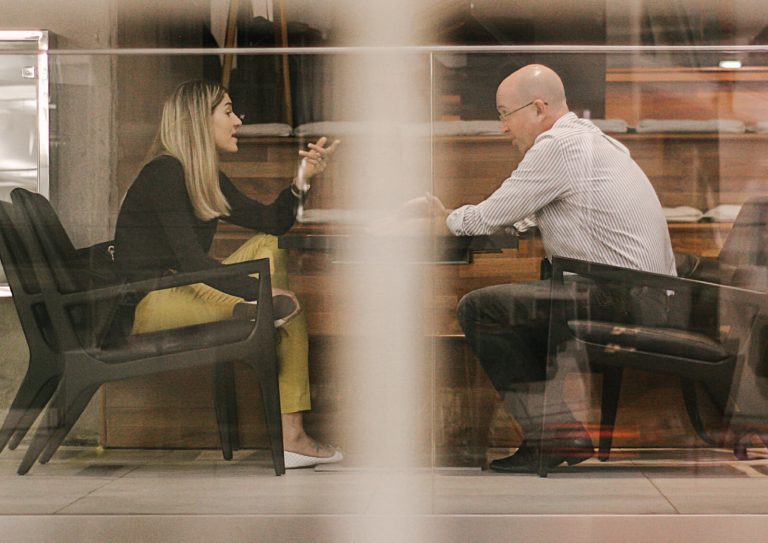Workplace coaching is becoming increasingly popular across organisations and seniority levels to maximise the wellbeing and performance of both leaders and employees.
Coaching explores each employee’s inner strengths and resources, helping them perform better at work and achieve greater success in their role. According to the Institute of Coaching, 70% of the individuals who take part in the collaborative process see positive results.
The benefits of workplace coaching
Workplace coaching is a blossoming industry with an increasing body of evidence to support its benefits. Somewhat like athletes, employees and their leaders are put under pressure to perform every day. And just like athletes, coaching can ensure that everyone in an organisation is performing at their best.
Coaching creates an environment of trust and accountability to help progress both individual employees and broader organisational goals. It can greatly improve workplace dynamics and team functioning and help support processes of change at both large and small organisations.
The Institute of Coaching reported that 80% of employees who received workplace coaching experienced an increase in self-esteem. Additionally, 86% of organisations said they regained their investment into workplace coaching, and more. Ultimately, by supporting and uplifting individual employees the organisation reaps the benefits.
Common benefits and outcomes of workplace coaching at the individual employee level include:
- Learning strategies to effectively manage anxiety and stress related to work, or in their personal lives
- Better management of interpersonal conflict through effective resolution methods
- Supporting those who are just starting out in their careers
- Supporting employees returning to work after career breaks
- Putting strategies in place for career advancement
- Achieving better work-life balance
- A better workplace culture and deeper sense of belonging within the company
- Higher retention rates
For organisations more broadly, workplace coaching can support with:
- Implementing processes to transform teams
- More effectively managing change and restructures
- Managing promotions
- Implementing strategies for effectively working with a Management Committee or Board.
“Everyone needs a coach. It doesn’t matter whether you’re a basketball player, a tennis player, a gymnast or a bridge player. We all need people who will give us feedback. That’s how we improve.”
– Bill Gates
What a typical coaching session looks like
Whether it’s 1:1 or a group session, a workplace coach will firstly seek to understand the aspirations and goals of each employee, and what outcomes they’d like to achieve from the sessions. An experienced coach will take a unique approach for each employee based on their desired outcomes, and sessions should be action-orientated and measurable.
Coaching takes a forward-thinking approach and considers the employee the expert in their own lives. The coach guides the employee to consider the changes they might need to make to achieve their goals and help them understand the impact of their current thoughts and beliefs on their behaviour.
The coach will also take into consideration the organisation’s goals for the coaching of their individual employees. The degree of accountability of the coach to the organisation is mutually agreed upon by the organisation, the employee and the coach at the time of engagement, with an emphasis on transparency.
However, whatever is discussed in the coaching sessions will remain confidential between the coach and the employee. Confidentiality ensures employees feel confident and comfortable speaking openly with their coach about any challenges they may be facing at work, so they can learn strategies to raise and deal with them effectively.
Whether driven by an organisational need to build a positive workplace culture, or better equip employees and leaders to manage conflict, coaching sessions can be an effective tool for your workplace.
Related Services & Workshops

Effective Group Leadership
This workshop helps you develop leadership skills to facilitate more interactive and engaging group work in community and counselling settings.

Accidental Counsellor
Accidental Counsellor is a workshop to assist people who aren’t trained counsellors, but often find themselves in a counselling role “by accident”. You’ll learn how to support clients, friends, family, colleagues, and strangers in distress or experiencing a crisis.

Counselling.Individuals.Older People.LGBTQIA+
Individual Counselling
Life can be full of ups and downs. While we may be able to overcome most challenges by ourselves, sometimes we need some extra support. Individual Counselling offers a supportive environment to identify and manage problems and concerns.






